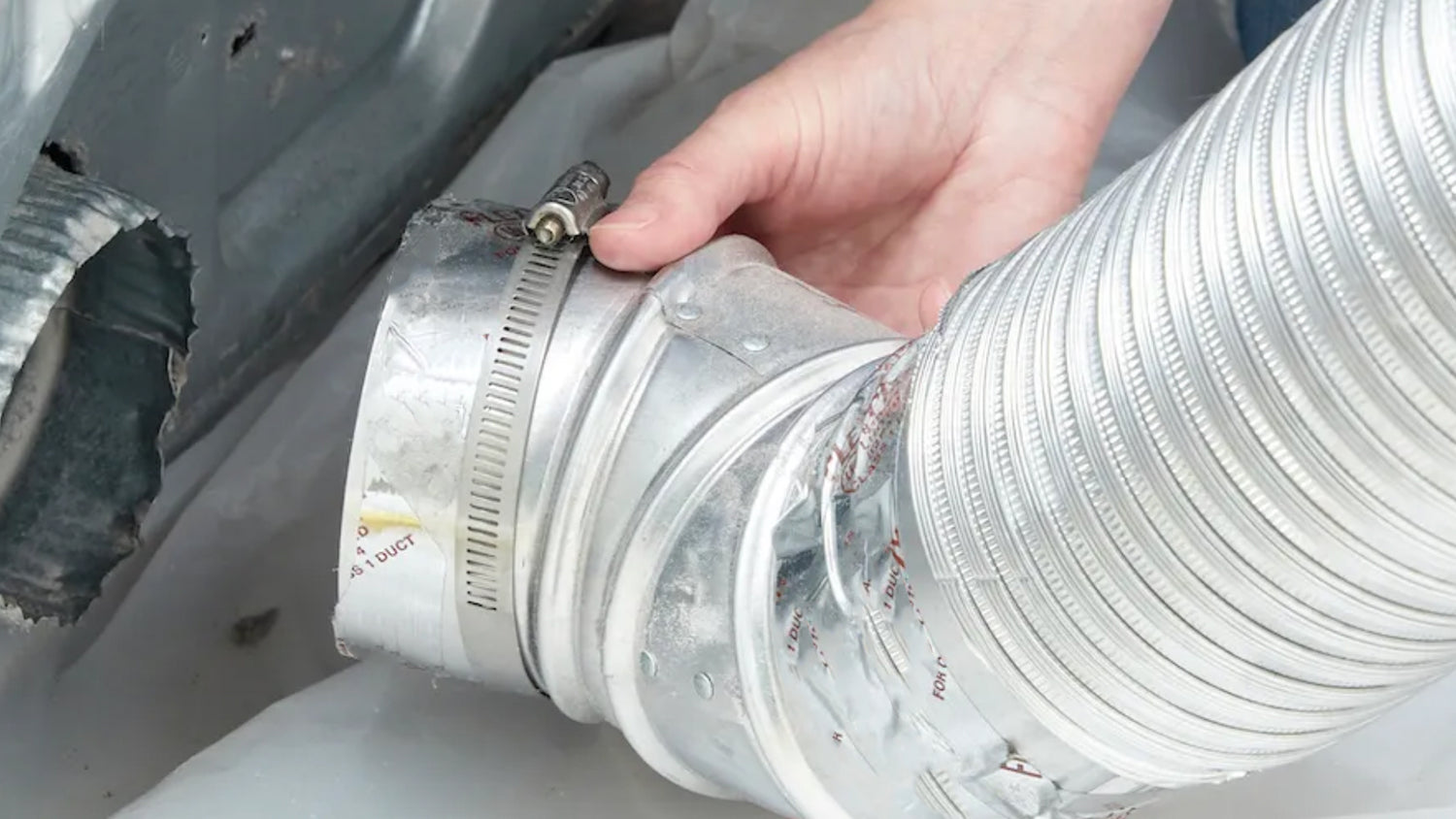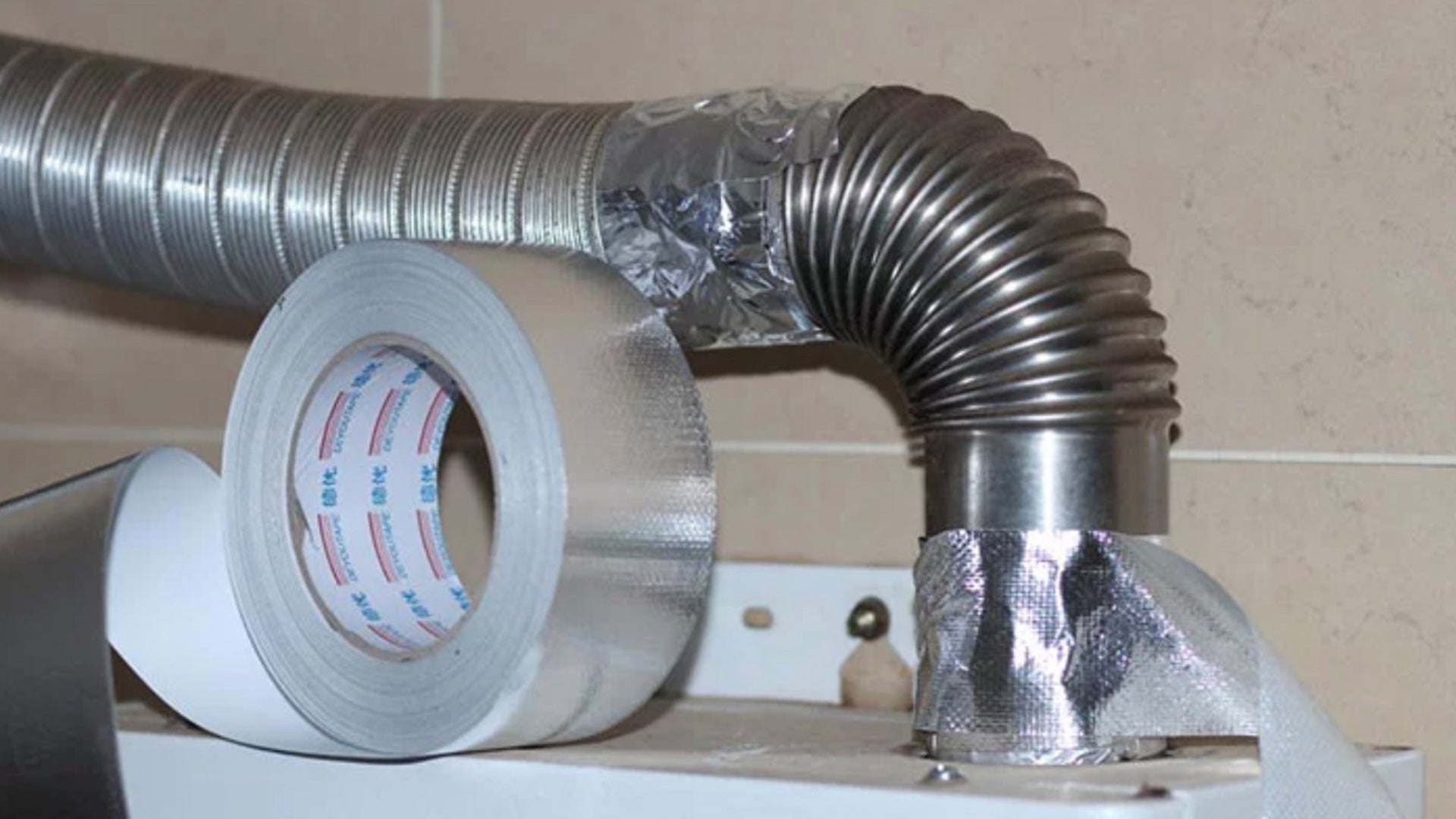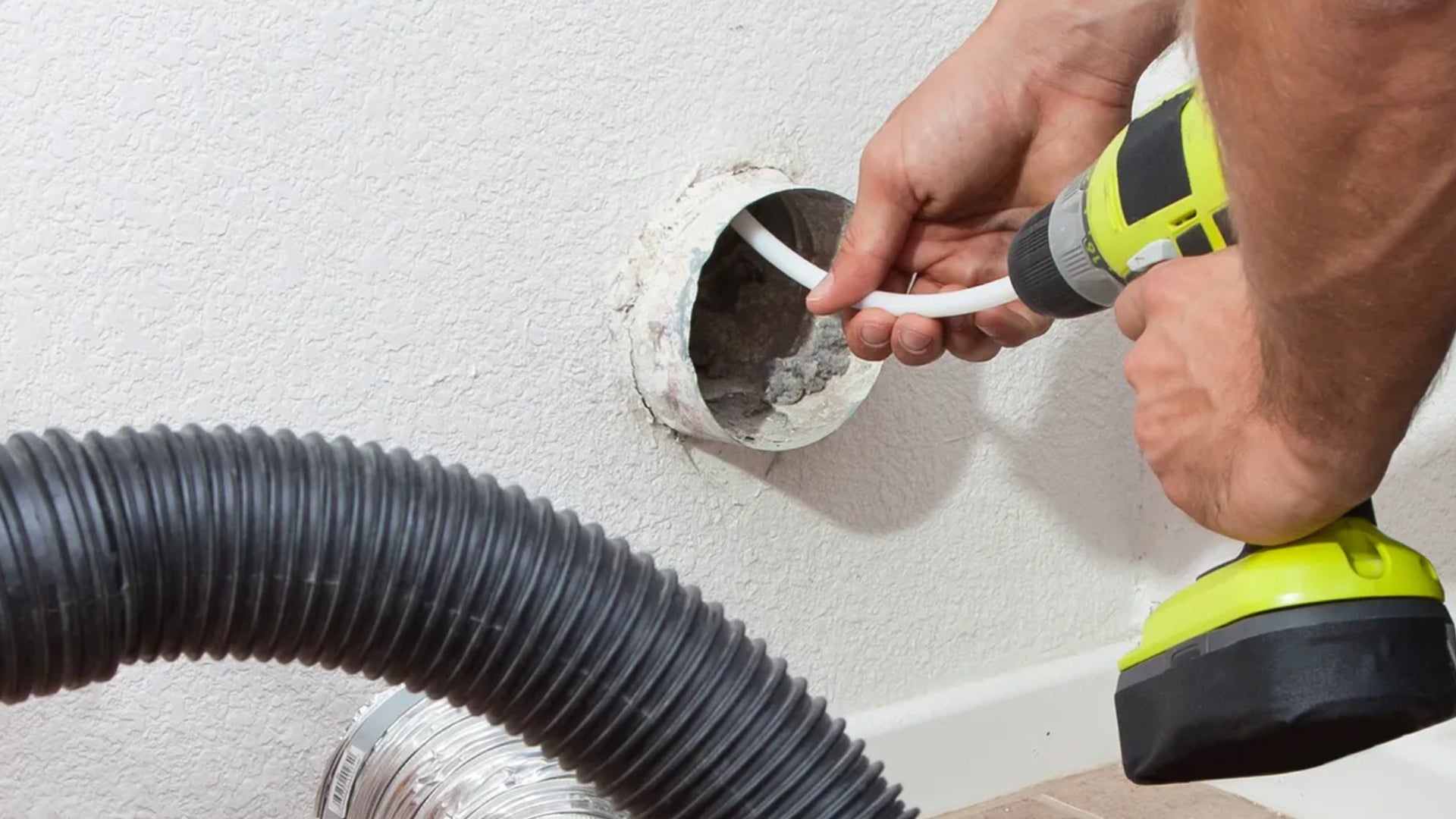1. Moisture Issues
Without a vent, the moist air from the dryer has nowhere to go but back into your home. This can lead to high humidity levels, which may cause condensation on walls and ceilings and can subsequently lead to mold and mildew growth. Over time, excessive moisture can damage building materials and furnishings.
2. Accumulation of Toxic Gases
For gas dryers, venting is crucial because it expels gases that are byproducts of combustion, such as carbon monoxide. Without proper venting, these gases can build up to dangerous levels inside your home, posing a serious health risk.
3. Fire Hazard
Both electric and gas dryers produce lint, which is highly flammable. A proper venting system helps to carry lint away from the dryer and out of the house. Without venting, lint can accumulate around the dryer and within the internal ductwork. This not only poses a fire risk but can also decrease the efficiency of your dryer over time by restricting airflow.
4. Health Risks
In addition to moisture and toxic gases, dryers can emit volatile organic compounds (VOCs) and other potential allergens which, without adequate ventilation, can decrease indoor air quality and pose health risks.
Possible Alternatives
If external venting is not an option, there are some alternatives, though they should be used with caution:
- Ventless Dryers: There are dryers designed without the need for external venting. These are often called condenser dryers or heat pump dryers. They use a heat exchanger to cool the air and condense the water vapor into a drain pipe or collection tank, rather than releasing it into the air.
- Indoor Venting Kits: Some homeowners use indoor venting kits, which attach to the dryer and direct the exhaust into a container of water. However, these kits can still lead to increased humidity and may not be suitable for long-term use in all homes.
Conclusion
While there are alternatives to traditional vented dryers, running a standard dryer without any form of venting is generally unsafe and not advisable. It is crucial to ensure that any form of dryer, whether vented or ventless, is installed according to the manufacturer's instructions and local building codes to maintain safety and efficiency. If venting is a challenge, considering a ventless dryer model or consulting with a professional for safe solutions is recommended.



